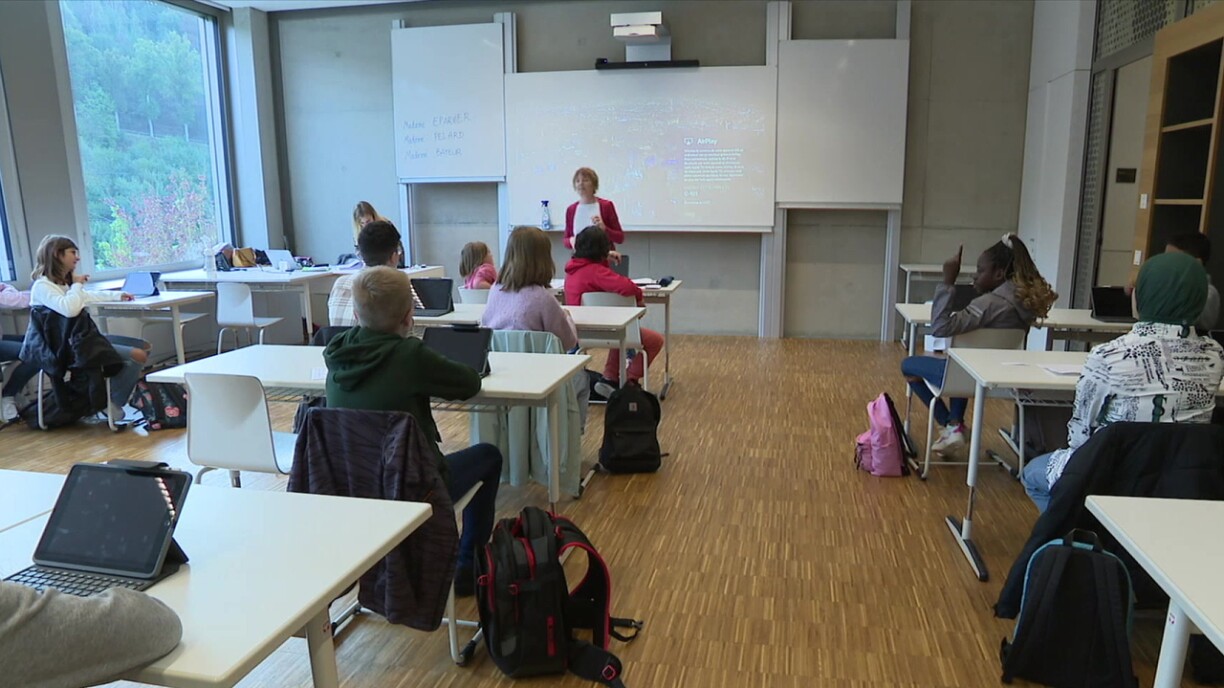
Luxembourg’s Education Minister Claude Meisch announced Thursday that the French literacy programme in primary education will be generalised starting with the 2026/27 academic year. The rollout begins next year in Cycle 1.2, meaning the second year of kindergarten.
Meisch framed the reform as a step towards greater educational equality, stressing that Luxembourgish-speaking children are still disproportionately directed to the “classic” track in secondary education. He rejected criticism that French literacy fosters division, saying such divides already exist.
The minister also addressed concerns from unions about classroom shortages. He estimated about 150 additional classrooms would be needed nationwide, a demand he said municipalities must meet anyway due to population growth. He added the reform could reduce the number of pupils who have to retake a year by 25%, which would reduce the need for additional classrooms.
Alongside the primary school reform, French-language offerings will expand in secondary education and vocational training. Currently, 39 vocational programmes (DAPs) are offered in French; from next year, all will be.
New tracks are becoming available in secondary education as well, according to the minister, including a music section at Lycée Michel Lucius and ‘Economic Affairs’ and ‘Data Literacy’ at ECG.
From the 2026/27 school year, students holding a diploma in the classic secondary education track will be able to switch to a shortened one-year vocational program (DAP raccourci). Conversely, those with a diploma from the ‘technical track’ will gain easier access to higher education.
The school leaving age, meanwhile, will rise from 16 to 18.
Inclusion remains a priority for the Education Ministry. The number of classroom assistants for children with special needs assistants (A-EBS) will double from 50 to 100. Since the 2017 inclusion reform, specialised staff numbers have grown from 645 to 1,845.
Schools with disadvantaged student populations will also receive a second special needs teacher (I-EBS), the minister confirmed.
The start of the new year also sees the opening of two new socio-therapeutic centres. Furthermore, schools will deepen cooperation with the National Office for Children (ONE) to better address issues at home.
Finally, the ministry is drafting guidelines on the use of artificial intelligence in classrooms, focusing on the appropriate age to introduce AI tools while ensuring students still learn to express themselves independently.